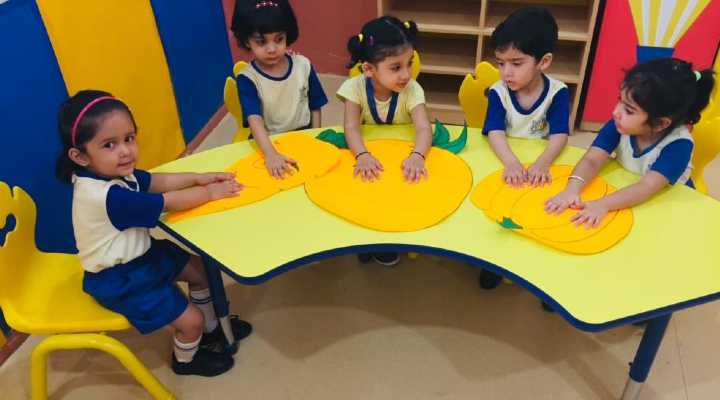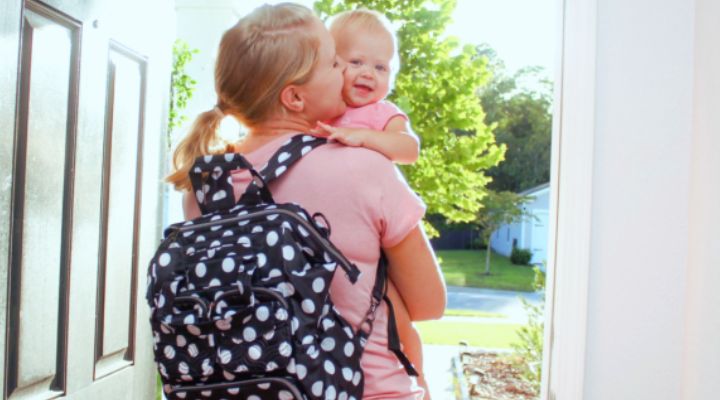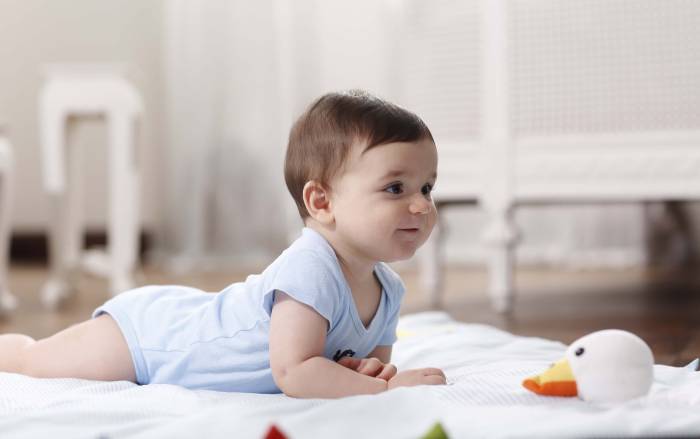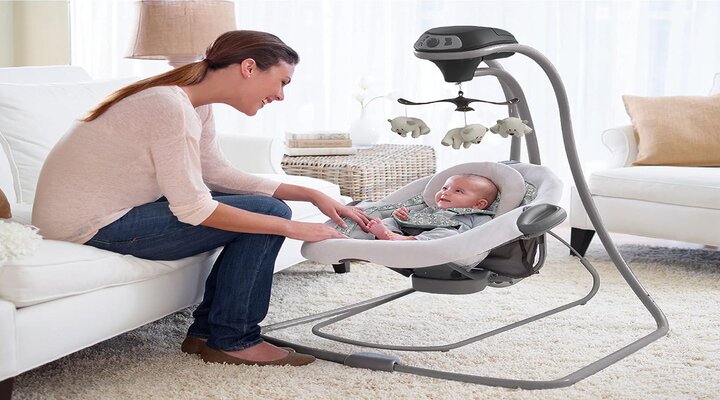Early Childhood Development Needs Quality Pre-Schooling

Every child possesses the potential of limitless possibilities. An extensive body of research in modern science has documented impressive brain growth in children during early years. Many studies suggest that 90% of the human brain development happens in early childhood, particularly from infancy through age five. Since every interaction with the outside world creates an indelible imprint on a child’s mind, it becomes imperative to guide the child in the early formative years of development.
The preschool environment is extremely necessary for this holistic development in a child. Through discipline, practice and exposure to foundational learning, the preschool prepares children for formal schooling years and simultaneously nurtures them to engage in simple acts of daily life. This constitutes Early Childhood Development and it happens and progresses along different strands.
Cognitive Development: All children are born curious by nature. They have a natural proclivity to explore the environment and surroundings to figure things out. Cognitive Development constitutes the development of knowledge, skills, and problem-solving abilities. Good preschools follow research-based, age-appropriate curriculum to accelerate and give the right direction to the cognitive development in toddlers through innovative pedagogical practices such as active learning involving learning by doing, sound identification, shape, colour and pattern recognition.
Fundamental Movement Skill Development: Preschools stimulate the development of motor skills in children. Play, games, outdoor sports and workout sessions facilitate the strengthening of large muscles in the arms, legs, shoulders, and torso and help to develop gross motor skills. Activities like drawing and writing trigger the strengthening of small muscles in hands and wrists to equip children with fine motor skills that need precise movements. These fundamental movement skills are taught in a fun way to make activities enjoyable for children.
Social-Emotional Skills: Children need to nurture responsive and interactive relationships with other children, with parents, teachers and caretakers. A preschool classroom involves a host of group activities which help children express and regulate their emotions. Teachers act as friendly guides in inculcating a sense of self-esteem and confidence in children. Each and every achievement or triumph is celebrated. Children are motivated and they also overcome their apprehensions and fears. Preschools also enhance and promote children’s mental health.
Literacy and Numeracy Skills: The foundation for literacy and numeracy is laid in the formative years. Children learn to read, write, count and do simple mathematical exercises that connect numeracy and literacy. These skills define the learning trajectory of children and prepare them for elementary education. Preschools help to lay a strong foundation for literacy and numeracy in children.
Language and Communication Skills: Self-expression is the key to growth in early childhood. Preschools facilitate the development of speech in children through phonics that help children to hear, identify and use different sounds to learn how to distinguish one word from another.
Life Skills: The learning environment provided by preschools inculcates in children basic life skills such as eating habits, hand hygiene, toilet training, gardening, basic management skills, dressing manners, discipline, and punctuality.
WHAT MAKES A GOOD PRESCHOOL?
Not all preschools are alike. Some, like the Little One – The Jaipuria Preschool, are making a difference by following special developmentally age-appropriate practices for toddlers. These practices are formed on the assumption that each child is unique and develops at his or her own pace. The preschool curriculum is therefore designed to be developmentally appropriate for each child. Teachers in the preschool try to understand the child’s learning and development along with each child’s capacities and background. A conducive learning space comprising of smartly-oriented classrooms, flexi classrooms, outdoor spaces, thematic gardens, sand pit, reading tree, and play area ensures that children learn through fun, play and sensory touch-and-feel.
Early childhood development forms the core of formal education across the world. It lays foundation for senior years and puts students on the path of lifelong learning. Preschools are pivotal to this development and must be chosen with great deliberation.







